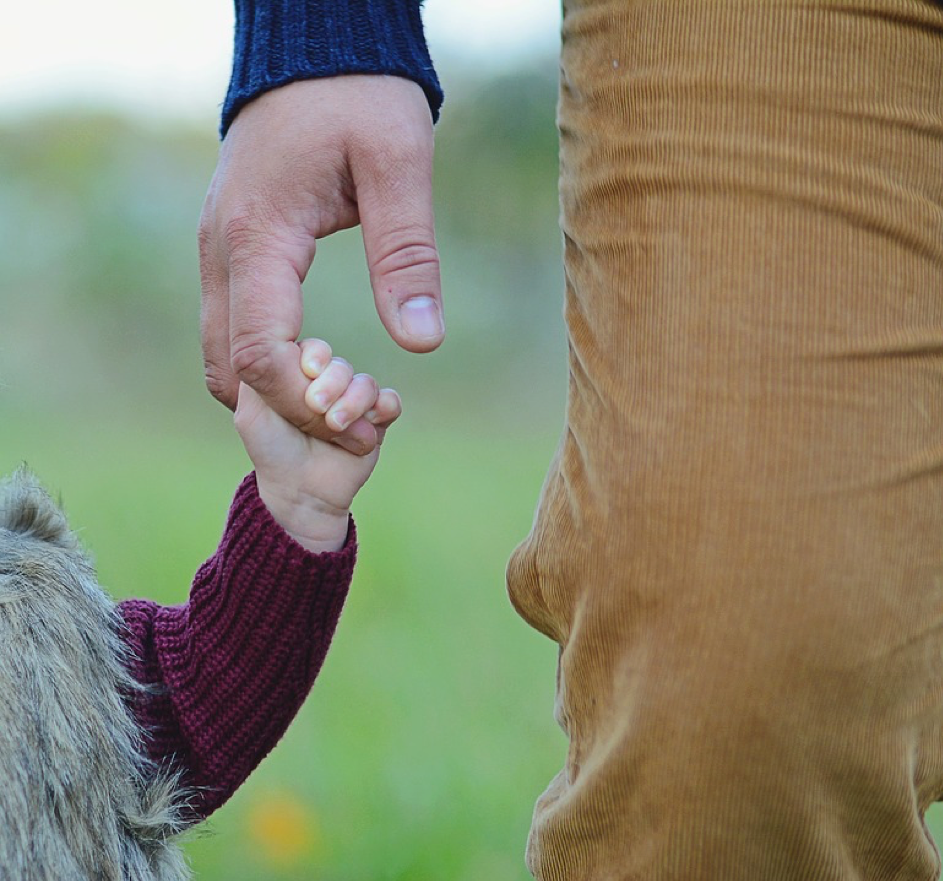Are All Fathers “Good”? They Think They Are.

Platform of Good Fathers is a one year old organization founded by Ali Bayrı, Çetin Kılıç and Burçin Özkan, who got education in Mother Child Education Foundation, AÇEV’s “Father Support Programme”. It is open to every father, not hierarchically organized and does not have legal entity yet. This Platform has been improving itself in Bilgi University’s Social Incubation Center.
Interview: Esra Atalay, 27 February 2018
We interviewed Burçin Özkan, who is one of the founders of the Platform, a father and a teacher, about his father and fatherhood experiences.
Your slogan is very assertive. Do you think all fathers are good?
Yes, there are fathers that are not “good”, but we look at the bright side. “Good” here is kind of a philosophical word, a bit warmer and assuring. A father can use physical or verbal violence against his child and say it is for his child’s own “good”. He doesn’t regard it as something wrong because he saw that kind of attitude from his own father. I also learned fatherhood from my own father but the relationship I have with my child has changed after the trainings. Are all of the fathers good? They think they are! We think more like that: If a father is good, then the child is good. Every parent dreams of leaving a better world for their children. However, instead of trying to struggle for that, try struggling for your children. They will build a better world for sure.
How can we help fathers to confidently say “I am washing the dishes, what’s wrong with that?”
This is really difficult. A father squeezes a lemon for the salad and thinks he helps his wife. We try to make them see it as sharing life, not “helping”. “I am very helpful to my wife”- this is wrong. This is not a favour, it is a responsibility. According to a research, half of the participating fathers never changed a diaper in their lives; they thought it was the mothers’ duty. If they only knew what it was to be responsible…
So, if a father regards job-sharing as a favour, he will obviously feel ashamed of saying in a “manly” environment “I am attending an education programme on fatherhood”. Men usually deal with the salad and meat, it is usually regarded as their job but they are ashamed of wiping the windows. He should be able to deal with that, too.
What is the most common problem the fathers face?
Defining the limits. They usually complain about their children’s pushing the limits about the daily routine. We are not psychological consultants but we give examples from our own lives. A child that knows the boundaries grows up safely. We advise to mark the limits all together. Just like we do here in our trainings.

Bizi Takip Edin